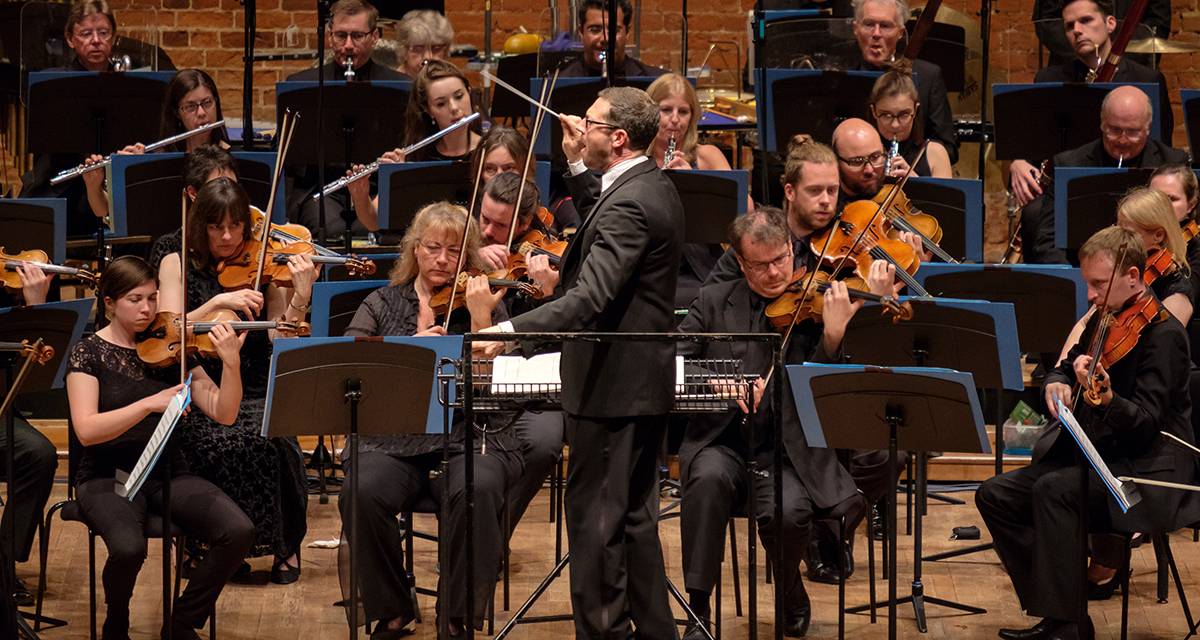It’s easy to think that opera hardly exists outside of London in the UK. But one of the best-known and longest-running opera festivals in the world takes place in a small but picturesque village nestled on England’s east coast.
The Suffolk town of Aldeburgh might not seem like the most obvious place for a classical music festival, but Benjamin Britten, who was born in 1913 just along the coast in Felixstowe, made it his home from 1947 to his death in 1976. The first festival took place in June 1948, the idea for it having been floated by tenor Peter Pears, Britten’s professional and romantic partner, in 1947. Britten, Pears and the librettist Eric Crozier were the directors.
The first festival took place 5-13 June 1948 with Aldeburgh’s Jubilee Hall as the main venue. The English Opera Group provided the central programme, which included the first performance of the company’s Albert Herring and Britten’s new cantata Saint Nicolas. The company itself had been founded in 1947 by Britten, Pears and Crozier along with the designer John Piper.
Pears and Britten understood that any festival depended on local people if it was to have a future and involving the community was important right from the start. Saint Nicolas was written for children’s choirs and was performed by local youngsters. For the second festival Britten wrote The Little Sweep. This three-scene opera for children relies on the audience to provide the chorus and six children’s parts were filled by boys and girls from the Ipswich Co-operative Society Choir.
These community links still exist today, and Aldeburgh Music – the charity that now runs the festival as well as a programme of arts events throughout the year – is one of the largest businesses in the area, generating a number of jobs and huge amounts of revenue for the region. Every year more local children and amateurs than professionals perform on the festival stage.
The festival was hugely successful, growing each year and quickly gaining an international reputation. It spread to more venues, but its organisers soon realised that it was being held back by the lack of a proper concert hall. In 1965, when it was announced that the nearby Snape Maltings were to close, Britten saw the potential in the site.
The 19th century complex had been used for malting barley for the brewing industry since 1854, but operations came to a halt in the early 1960s when the then owner Swonnell and Son went into liquidation. Britten and Pears secured the lease on the largest building and had it converted into a 832-seat concert hall, providing a permanent home for Aldeburgh Festival.
This was something of an inspired move. At the time using industrial buildings in this way was relatively unknown – the conversion of Bankside Power Station to Tate Modern, for example, wouldn’t happen until the mid-1990s. Many of the original features of the building were retained. The venue was officially opened by Queen Elizabeth II in time for the 1967 festival.
Pears and Britten acquired more buildings on the site and in 1979 they established the Britten-Pears School for Advanced Music Studies. Today the maltings are an artistic hub, as well as home to Aldeburgh Music’s year-round programme of events, education and artistic development, including Snape Learning and Inclusion, a project connecting communities through music, Open Space, artist-led residencies for musicians, and the Britten-Pears Young Artist Programme, providing training and education for emerging artists.
To this day the festival retains its unique character, showcasing an eclectic range of music, with an emphasis on new pieces and interpretations, as well as the rediscovery of ‘forgotten’ music. The programme also includes poetry recitals, literature readings, drama, art exhibitions and lectures. Britten wanted Aldeburgh to become a ‘creative campus’ and it’s fair to say his vision has been realised at Snape Maltings.
Aldeburgh Festival takes place every June. Head over to our Events page or the festival homepage for further details.
Image
John Wilson conducts the BBC Scottish Symphony Orchestra at the opening night of Aldeburgh Festival 2018 (Matt Jolly).

